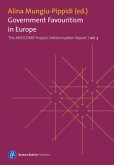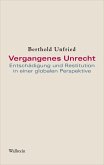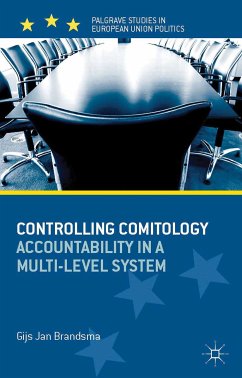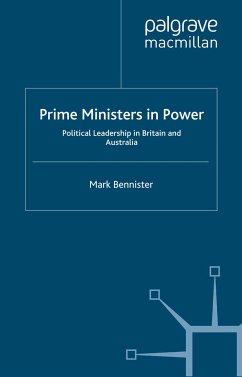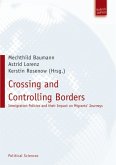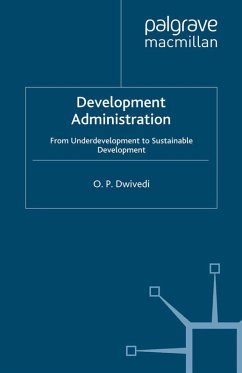Corruption has an impact. It is about time that anticorruption starts having an impact, too. This is the first annual policy report of the European Seventh Framework Research Project ANTICORRP, which has started in 2012 and will continue until 2018. Based on the work of 21 different research centers and universities gathering original data, ANTICORRP offers yearly updates on the latest from corruption research, analyzing both the consequences of corruption and the impact of policies attempting to curb it. This first report offers a methodology to evaluate corruption risk and quality of government at country, region and sector level by means of corruption indicators that are sensitive to change and policy intervention. The aim of the project is to offer testable, easy to handle policies which reduce corruption risk. Corruption distorts market competition, bolsters deficits on behalf of discretionary spending, hurts real investment in public health and education, reduces tax collection, detriments the absorption rate of EU funds, and generates vulnerable employment and brain drain. This study estimates that if EU member states would all manage to control corruption at the Danish level, tax collection in Europe would increase by 323 billion Euro per year - double of the EU budget for 2013.
Dieser Download kann aus rechtlichen Gründen nur mit Rechnungsadresse in A, B, BG, CY, CZ, D, DK, EW, E, FIN, F, GR, H, IRL, I, LT, L, LR, M, NL, PL, P, R, S, SLO, SK ausgeliefert werden.
Korruptes Verhalten unterläuft die legalen Institutionen und Regeln eines politischen Systems und ruft bei Wahrnehmung beziehungsweise Aufdeckung eine Erosion des Vertrauens der Bürger_innen hervor. Entsprechend ist Korruption ein wichtiger Untersuchungsgegenstand der Wissenschaft. Die Erforschung stellt die empirisch?analytisch arbeitende Politikwissenschaft allerdings vor überaus große Herausforderungen, denn Korruption ist informell und größtenteils illegal, findet also vielfach im Geheimen statt. Am durch das 7. EU?Forschungsrahmenprogramm geförderte Projekt ANTICORRP (Anticorruption Policies Revisited: Global Trends and European Responses to the Challenge of Corruption) nehmen 21 Forschungszentren und Universitäten teil, die seit 2012 für die EU, Südosteuropa und das Gebiet der früheren Sowjetunion Daten sammeln. Sie versuchen auf dieser Grundlage Aussagen über die Gründe und Mechanismen, die Perzeptionen, Erfahrungen und Konsequenzen von Korruption sowie die Auswirkungen von Antikorruptionspolitiken zu treffen. Das Buch ist der erste Jahresbericht von ANTICORRP. Pw-portal.de, 31.07.2014



